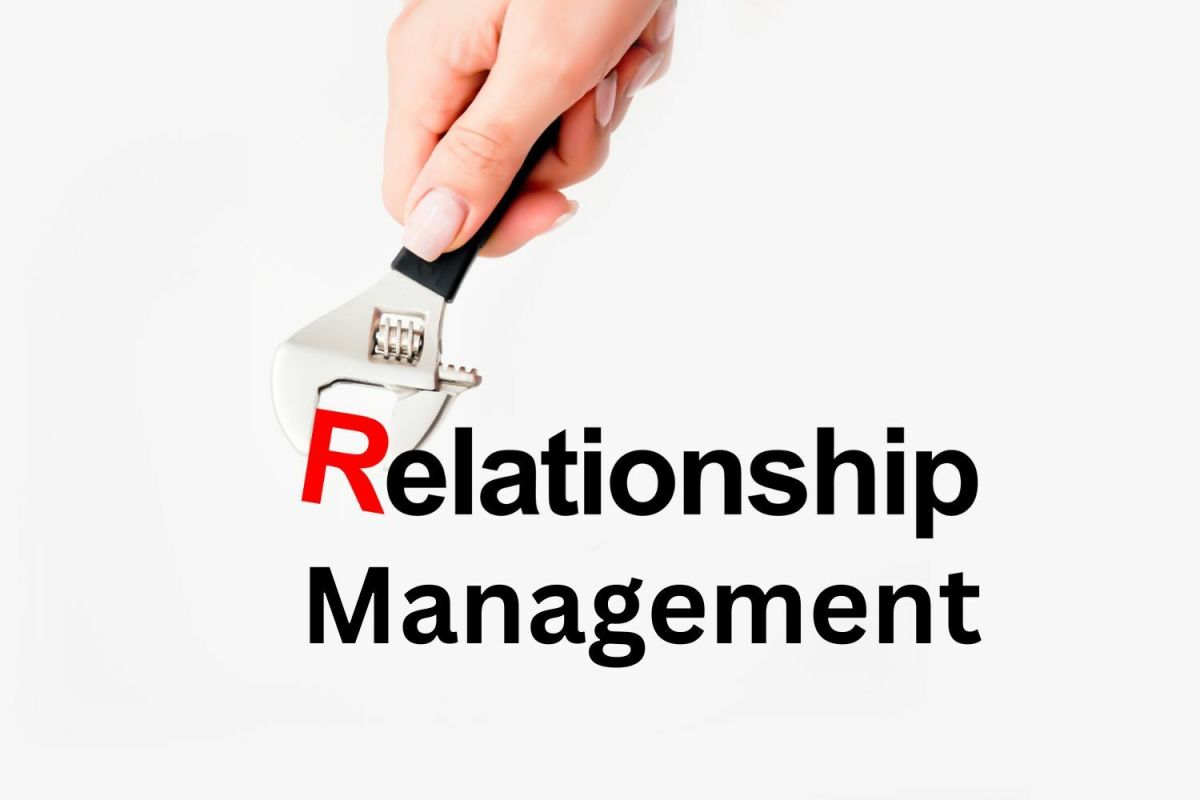Five components of Emotional Intelligence (Part 2)

Low emotional intelligence brings a plethora of negative emotions, like fear, anxiety, anger and hostility which results in using up a lot of energy, lower morale, absenteeism, apathy, and are an effective block to collaborative effort at the workplace. Negative emotions create negative energy – anger, resentment, revenge or at least discomfort to the one we perceive as opposing us.
On the contrary, positive emotions create positive energy as can be seen in the excitement of conceiving a vision, designing an ambitious new product, or winning a football match. When we open the doors to emotional reactions, the emergence of hunches, guesses, and intuition enhances the expansion of existing knowledge.
One costly consequence of the relentless demands on leaders' time is their propensity to turn away from emotional issues and to stick as closely as possible to the realm of facts and intellect - to value only things that can be ordered, analyzed, defined, dealt with, rationalized, controlled, and contained. However, research shows that emotions, if properly managed, can instill trust, loyalty and commitment - and drive many of the greatest productivity gains, innovations, and accomplishments of individuals, teams and organizations. Emotion can be harnessed to increase work motivation, enhance customer service and work performance.
Organizational benefit of emotional intelligence
Studies have shown profitability is linked to the way employees feel about their job, colleagues, and company. Emotional intelligence, not IQ or raw brain power alone, plays the crucial role of the best decisions, most dynamic organizations, and most satisfying and successful lives. In fact, studies has shown that an individual's success at work is 80 percent dependent on emotional intelligence, and only 20 percent dependent on IQ. As organizations shift to a more team-based workplace, they are asking employees for commitment and passion - to bring their brains and hearts as well as their emotions to the job. As leaders worldwide are discovering, attention to emotions has been shown to save time, expand opportunities, and focus energy for better results. For example, derailed executives or those rising stars that have "flamed out", failed most often because of "an interpersonal flaw" rather than a technical inability. Some of the fatal flaws include classic emotional failings, such as "poor working relations", "being authoritarian" or "too ambitious" and having "conflict with upper management". Not surprisingly, the higher up a manager goes in any organization, the more important emotional intelligence becomes, because relationships become more important.
Managers can have strong impact on the employees. In fact, research has shown that managers with high emotional intelligence can encourage employees to produce results exceeding the expectations. To improve their relationships, managers and employees must address the five components of emotional intelligence:
1 self-awareness, wherein the person recognizes and names his/her own emotions, knows their causes, and recognizes the difference between feelings and actions;
2 self-regulation, wherein she/he develops the ability to tolerate frustration, manage anger and to suspend judgment before taking action;
3 motivations, wherein she/he has passion for the work beyond money or status and has the propensity to pursue goals with persistence;
4 empathy, wherein she/he has the ability to understand the emotional make up of other people and has the skill to treat people according to their emotional reactions; and
5 social skills, wherein she/he has proficiency in developing and managing relationships and has the ability to find common ground and build rapport.
When both managers and employees has developed their emotional intelligence, managers will have a workforce willing to engage with passion and employees will have managers who are receptive and open to their ideas and needs.
Study from Rahim & Minors (2003) tested the relationships of the three dimensions of emotional intelligence (self-awareness, self-regulation, and empathy) to managers' concern for the quality of products and services, and problem-solving behavior of subordinates during conflict. The results of the study show that self-awareness and self-regulation are positively associated with problem solving, and self-regulation was positively associated with concern for quality. There was a significant effect of empathy on quality and interaction effect of self-regulation and empathy on concern for quality. The study implies that supervisors, who are deficient in EI, may be provided appropriate training in it that will improve their concern for quality and problem solving.
- How the Left and Right- brained Thinking Affect Emotional Intelligence (Part 3)
A case study has been done by Fiona Graetz (2002) that highlighted the relationship between the role, skills and level of emotional intelligence of organizationalleaders vis--vis the capacity to stimulate...
- Emotional Freedom Technique - Top 5 Ways EFT Helps ...
Emotional Freedom Technique is a method of redirecting the body's energy patterns, Based on Eastern medicine, this simple technique has helped thousands of people overcome emotional, psychological and even... - Microexpressions Betray Our Emotions
I've been watching the new-ish Fox show Lie to Me with real interest: based on the findings of Dr. Paul Ekman (who trained as a clinical psychologist and worked until 2004 at the Langley Porter... - Ways To Release Your Bottled Up Emotions
Everybody bottles up their emotions at some point. The trick is to realize that doing so is not healthy. When you learn to let go of the hurt or anger or frustration within and are no longer carrying the weight of the world on your shoulders, you wil










